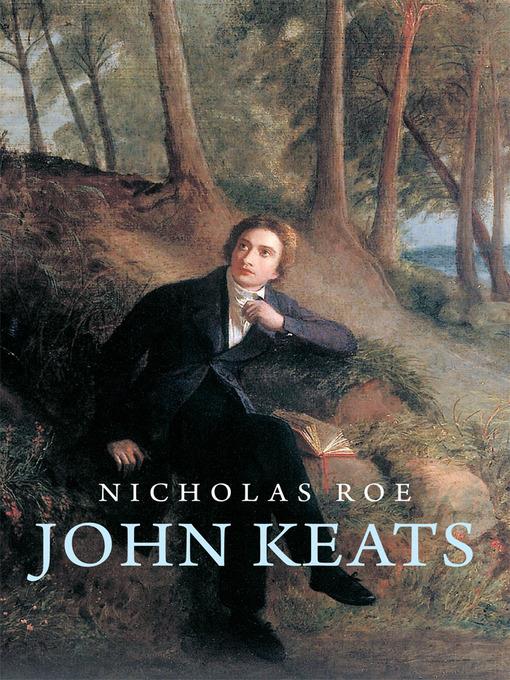
John Keats
کتاب های مرتبط
- اطلاعات
- نقد و بررسی
- دیدگاه کاربران
نقد و بررسی

October 8, 2012
Though Keats lived a very brief life—he died in 1821, at age 25—this sumptuously written biography reveals it to have had considerable substance. Born in humble surroundings in 1795, Keats studied medicine and didn’t publish his first poem until 1816. But his passion for verse—nurtured by his classical education and his admiration of poet and political radical Leigh Hunt—inspired him over the next five years to write some of the most luminous verse ever penned, including “Endymion,” “Hyperion,” and “The Fall of Hyperion.” University of St. Andrews English professor Roe (Keats and History) vividly depicts the revolutionary era in which Keats lived, the liberal education that shaped his thinking, and events that sensitized him to life’s beauty and sadness: he lost six close relatives, including both parents, between the ages of seven and 14, and his training as a surgeon’s dresser constantly reminded him that “excruciating agony was a fact of life.” Roe sees complex connections between the poet’s life and art that have eluded other biographers. His readings of Keats’s verse are informed and insightful and his account of the poet’s doomed relationship with Fanny Brawne—much of it conducted through impassioned letters he wrote from Rome while dying of consumption—is heartbreaking. Poetic in its own right, this absorbing book is a masterly study of its subject. Illus.

Starred review from October 15, 2012
Roe (English/Univ. of St. Andrews; Fiery Heart: The First Life of Leigh Hunt, 2005, etc.) delivers a tightly focused and highly useful biography of the great English Romantic. Born to a family with a history of health problems, fatherless at an early age and trained for a career in medicine, John Keats (1795-1821) pursued poetry with a faith in his own genius and a well-founded fear that he would not live long enough to fulfill it. He was ambitious from the beginning, modeling himself on Spenser and Shakespeare, testing himself with lengthy epics like Endymion, and fully aware that the competition was fierce, with all of the High Romantic poets writing at the same time. Roe's Keats is both sensitive and hotheaded, naturally gifted but also constantly pushing himself to the next level. He was a frustrated young man too: by what he hadn't experienced, by his unconsummated passion for his fiancee, and by the slow, wasting deterioration of his final years. Roe quotes and examines the poetry at length, and he is especially attentive to determining how a talented but immature poet blossomed into a great one. He also ventures an intriguing analysis of why Keats' poetry received such harsh criticism in its day: The vernacular style represented by the so-called "Cockney School of Poetry" was a threat not just to the classical style, but the social order. Roe's biography acutely displays the intensity, anguish and triumph of a great life for whom the clock was always ticking.
COPYRIGHT(2012) Kirkus Reviews, ALL RIGHTS RESERVED.

Starred review from November 15, 2012
Roe (English, Univ. of St. Andrews; Fiery Heart: The First Life of Leigh Hunt) presents a new Keats biography to join the 1963 classic by Walter Jackson Bate, John Keats, and the more recent biography, Keats, by Andrew Motion. While many biographies of the great English Romantic poet create separation between his life and his poetry, Roe shows them to be integral parts of a whole. By applying extensive new archival research to show the connections between Keats's ambitions, frustrations, and his poetry, Roe presents a more passionate and even rowdy Keats. The strength of this biography is the close attention paid to the details of Keats's life which help us to read and interpret his poetry. We are a long way from the image of Yeats's schoolboy, face pressed against the windowpane of life. VERDICT Eminently readable, and thorough without being verbose, Roe's book may legitimately claim to be the new definitive biography of Keats.--T.L. Cooksey, Armstrong Atlantic State Univ. Lib., Savannah, GA
Copyright 2012 Library Journal, LLC Used with permission.

























دیدگاه کاربران